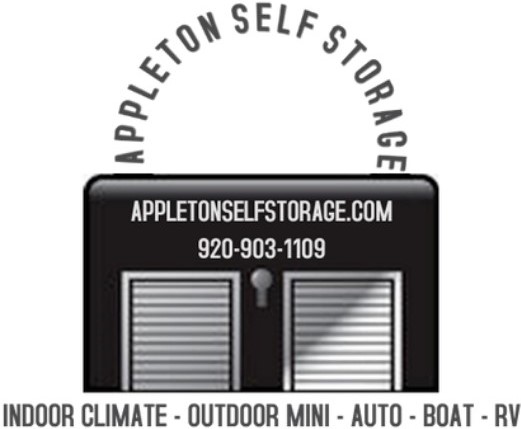How Cold Weather Affects Electronics
How Cold Weather Affects Electronics
Trista Pirlot
July 13th, 2021
Hi All!
Just a quick reminder of: How Cold Weather Affects Electronics and how Indoor Climate Controlled Storage protects those expensive items.
We all know how heat can lead to failure in your electronics but rarely is cold ever mentioned. Keeping your electronics cool is normally a good thing, and a lot of effort is spent doing just that – through fans, heatsinks and air conditioning. But if the weather gets extreme – some unexpected failures can occur.
Moisture Related Failures Due to Condensation:
Just like when your glasses will fog up when you come in from cold weather, moisture will build on surfaces inside the plant when temperatures go from very cold to very warm. Electronics that suffer this build-up of moisture can have failures related to corrosion. One way to prevent a moisture related failure is waiting a few hours before powering on electronics that have been kept in cold weather after a warm up has occurred. This will allow any condensation to dry before electricity is conducted.
Freezing:
While normally a cool environment is preferable to a warm one when it comes to keeping your electronics up and running, if it gets too cold, certain components can suffer sudden failure. For instance, LCD screens contain fluid and at extreme temperatures can freeze. If you live in the extreme north where temperatures can get into the negatives, it is important to understand the failure limits of your devices which should be available in the manual when you purchase the device. In addition, any electronics that rely on movement such as motors, disk drives, servo valves etc., can suffer failure from the cold. As the temperature drops, metal contracts making moving parts run under higher load stress which can cause the part to fail.
Batteries:
Batteries within mobile electronics, back-ups for programmable logic controllers or batteries in uninterruptable power supplies and chargers can all be negatively affected by cold weather. When a battery gets cold it discharges at a more rapid rate. This discharge rate also called “rundown” will gradually lesson the charge potential even when the battery warms up. This will lead to the battery eventually becoming not able to effectively hold a charge at all.
Climate Controlled storage is heated in the winter preventing the above mentioned damage.
Whichever unit type you decide, we are here for you. Don't hesitate to call or visit for more information.
Have a great evening everyone.
Take care,
Trista
Categories
